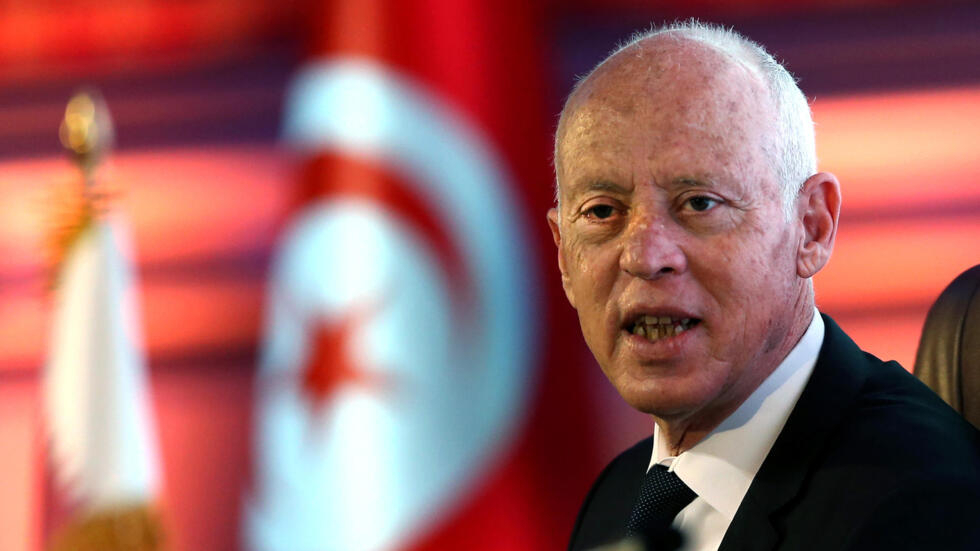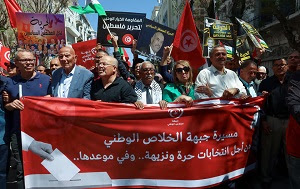Tunisian President Kais Saied filed his candidacy on Monday to run in the upcoming presidential election scheduled for October 6th. Saied is expected to face minimal competition due to the imprisonment of several potential challengers during his first term.

President Saied submitted 242,224 signatures from registered voters to qualify for inclusion on the ballot, significantly surpassing the requirement set by the Independent High Authority for Elections, which mandates 10,000 signatures for candidates to appear on the ballot in the North African nation.
Despite the political climate, four other candidates have also gathered the required signatures to run in the election. Among them is Abir Moussi, a right-wing critic of Saied, who has been detained since staging a protest outside the presidential residence last year. Her legal team confirmed the submission of her candidacy paperwork on Sunday.
Tunisia’s Independent High Authority for Elections will publish a complete list of candidates by Saturday, ensuring transparency in the electoral process. The authority is tasked with overseeing the fairness and integrity of the elections amidst a challenging political environment.

Political participation in Tunisia has seen a significant decline since the overthrow of longtime dictator Zine El Abidine Ben Ali in 2011. Last year’s local elections recorded a voter turnout of just 11%, highlighting the growing apathy among the Tunisian electorate.
The upcoming presidential election is set against a backdrop of political unrest and economic challenges, with many citizens expressing disillusionment with the current political system.
The outcome of the October presidential election will play a crucial role in shaping Tunisia’s political landscape and addressing the country’s economic and social issues. The international community is watching closely, as the election will test the resilience of Tunisia’s democratic institutions.



